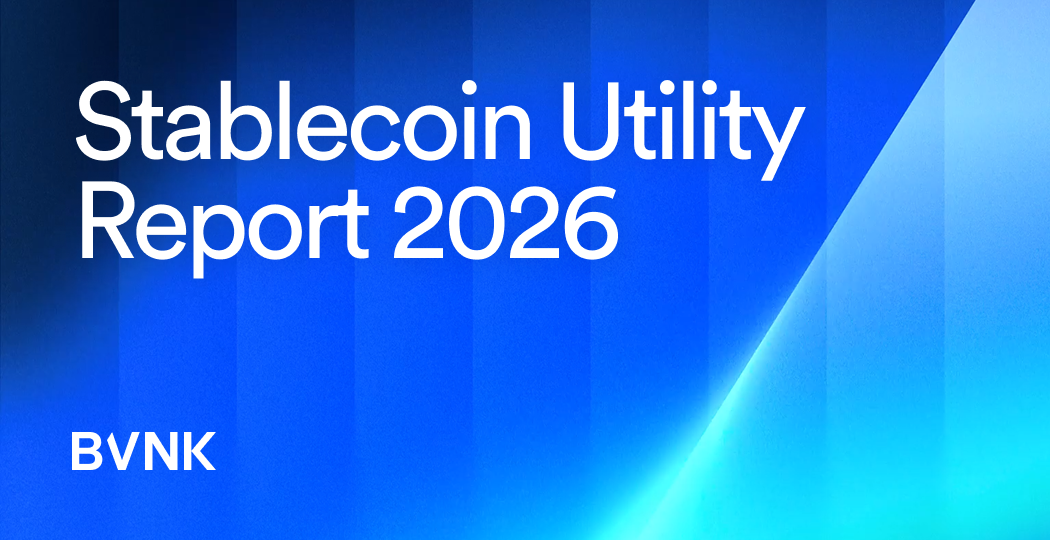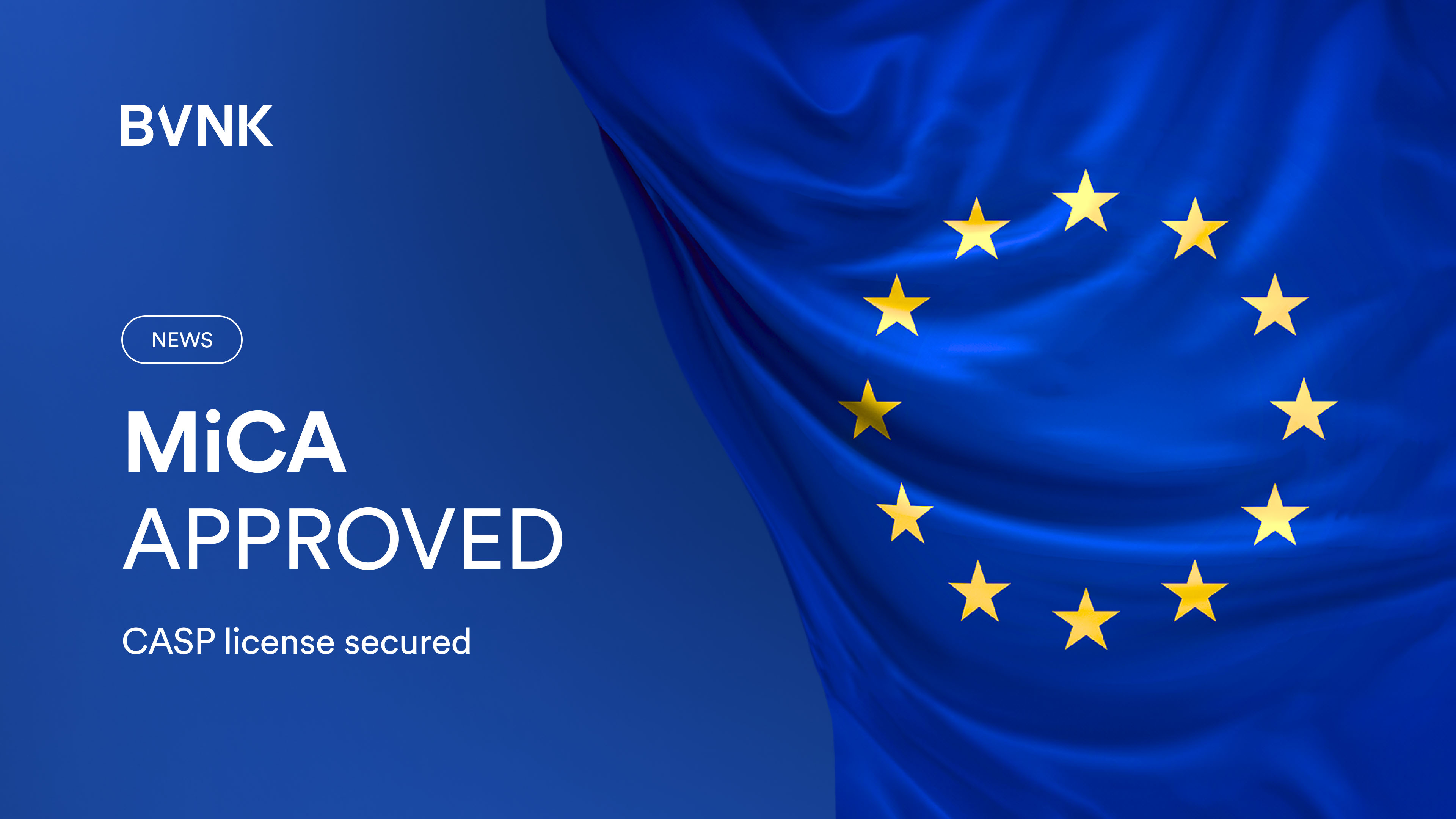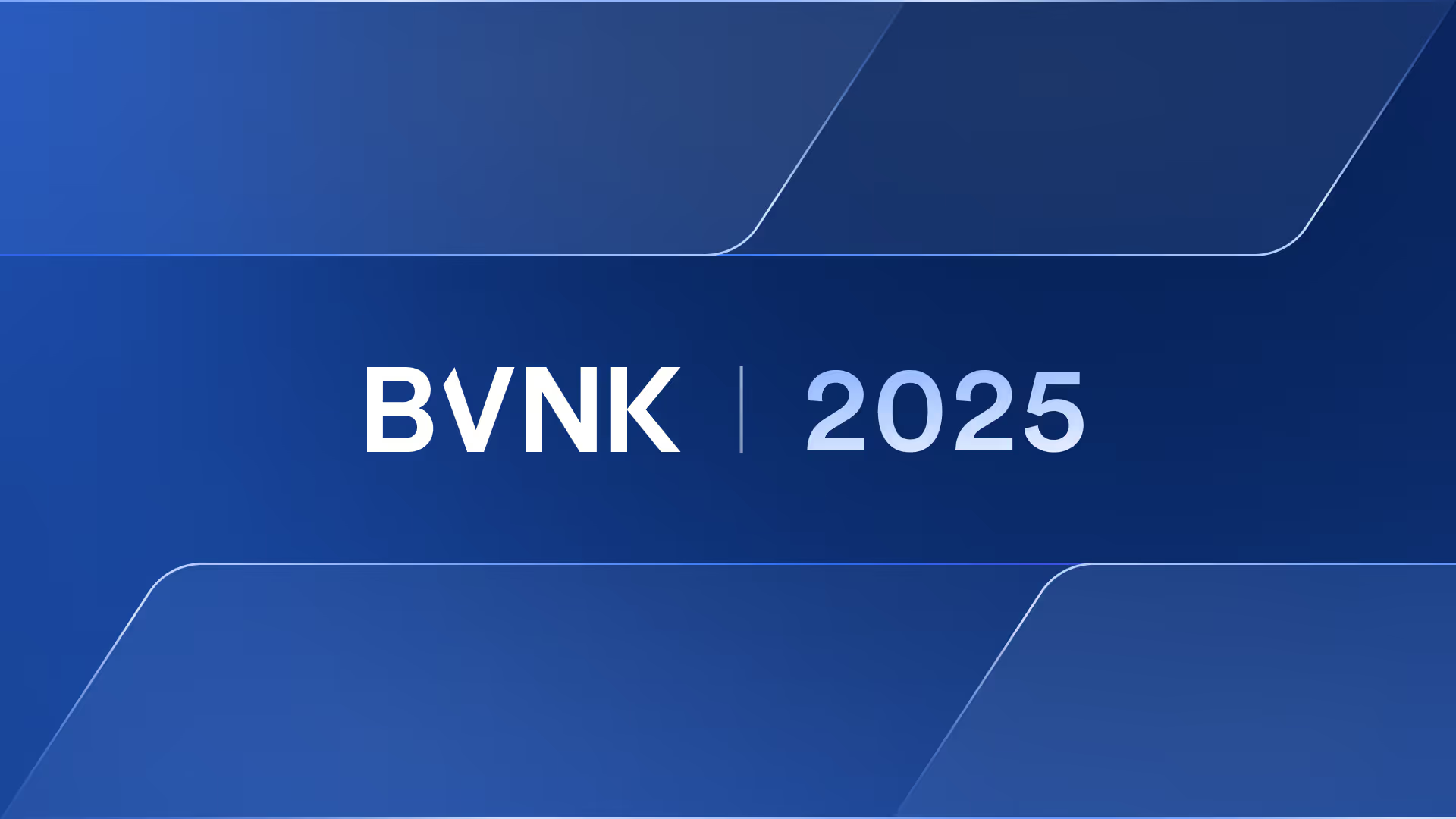Navigating crypto payments as a regulated forex business
A guide to crypto compliance for forex and CFD businesses in the UK and Europe

As global crypto ownership increases, forex and CFD firms are enabling crypto payments to drive deposits.
But as a regulated forex business, crypto can seem daunting. Historically, it has invited scrutiny from some financial regulators and caused friction with banking partners. The good news is the situation is changing, as regulators bring digital assets into the fold with new licensing and AML regimes. In turn, registered virtual asset service providers (VASPs) like BVNK are helping businesses to enable crypto payments compliantly, while also helping to foster understanding with banking partners.
In this guide, we’ll discuss what to consider when enabling crypto payments as a forex or CFD business in the UK and Europe.
Note: this article is intended as guidance, not legal advice. It’s important to seek your own legal counsel before embarking on a crypto project.
1: Licensing and registration
Do you need a separate licence to enable your customers to
pay in crypto?
In most cases you won’t need a separate crypto licence if you are using a provider like BVNK, that is registered with authorities for AML oversight.
Accepting crypto deposits from your customers or paying a business partner in stablecoins are both examples of payments using crypto (the transfer of crypto funds). This activity is not typically regulated worldwide, for example in the UK, but elements of such transfers will be regulated in the EU from the end of this year.
Examples of activities that are typically regulated worldwide and would require licensing include:
- Enabling your customers to exchange crypto for fiat currencies, or one type of crypto asset for another
- Taking custody of the private cryptographic keys of your customers (aka crypto asset custody)
BVNK holds a number of crypto and fiat registrations and licences globally which enable us to exchange crypto for our customers and take custody of crypto assets if needed. As a customer of BVNK, you likely won’t need a crypto licence yourself, unless you engage in the kinds of activities mentioned above as a service to your customers.
In fact, you don’t even need to hold crypto. BVNK can accept crypto deposits for you and settle you in fiat currencies. We can also enable you to pay a supplier or partner in stablecoins, using the fiat funds you hold on the BVNK platform.

2: Financial promotions (UK)
If you enable crypto payments for customers in the UK, do you need to comply with the FCA’s financial promotions rules?
Enabling crypto payments for customers, or paying a supplier in stablecoins, is unlikely to trigger additional requirements under the FCA’s Financial Promotions regime.
In the UK, the FCA has classed crypto assets as Restricted Mass Market Investments (RMMIs), like unlisted equities and P2P lending. It means that crypto businesses who serve individual consumers or some businesses in the UK, are restricted in how they can promote their services. For example they must show risk warnings, and evaluate whether new customers are suitably informed to use crypto services.
Activities that trigger UK Financial Promotion rules include:
- Enabling your customers to convert fiat currencies for crypto or stablecoins
- Enabling your customers to exchange crypto and stablecoins into fiat
- Arranging, or making arrangements, with a view to crypto exchange activity
- Managing crypto investments
- Advising on crypto investments
BVNK exchanges crypto, fiat and stablecoins for you, so Financial Promotion rules do apply to us.
However, as a BVNK customer, integrating our crypto payment gateway into your product would not itself trigger Financial Promotions rules.
3: Anti-money laundering
Will I still be compliant with anti-money laundering rules if I enable crypto payments?
Anti-money laundering rules are the foundations of all financial services regulation. The good news is that AML compliance can be just as effective, if not more effective, for crypto as it is for fiat – if you work with the right partners and combine it with the right tools and practices.
A licensed provider provides effective AML screening
Licensed or registered crypto service providers in the UK and Europe like BVNK must adhere to global anti-money laundering rules set by National Competent Authorities (NCAs). For example, licensed firms must demonstrate they have an effective financial crime control framework, carry out enhanced due diligence on customers, monitor transactions and report suspicious activity.
The transparent, auditable and permanent nature of blockchains, combined with advanced blockchain analytic tools, enables providers, law enforcement and regulators to detect and prevent crime with a high degree of efficacy.
At BVNK, we take a multi-layered approach, including customer identification and due diligence, and deploying blockchain analytics tools to carry out real time transaction monitoring. Plus we offer an additional layer of protection by using analytics supported by machine learning to unveil the ‘unknown’.
The Travel Rule has increased transparency
Using a provider that is registered for AML oversight also ensures compliance with the Travel Rule – the latest addition to the anti-money laundering toolkit for crypto. Under the Travel Rule, providers like BVNK that process crypto payments must collect, verify and share specific transaction information with each other about who is sending and receiving the payment.
For example if you use BVNK to accept crypto payments, and your customer sends crypto to you from a hosted wallet on a central exchange such as Coinbase. That exchange is required to share securely with BVNK information about who is sending the payment, and who the payment is intended for.
The rule is rolling out globally: it’s already in force in the UK and comes into force in the EU at the end of 2024. If you are managing crypto payments through your own self-custody wallets, you are likely to experience additional friction such as requests for verification when sending from, or receiving into, that wallet. However, if you are using a provider like BVNK for wallet management, your provider is responsible for complying – meaning less ongoing friction for you.
While the Travel Rule does not ensure closed loop payments for crypto just yet, it is starting to plug the data gap to identify who is sending and receiving a crypto payment. We envisage some vast improvements in this space in the near future.
4: Banking partnerships
Historically, top tier banks have been uncomfortable with supporting crypto activity, but this is changing as crypto regulation like MiCA brings greater trust, and industry understanding around digital assets increases (BVNK puts education at the forefront of what we do!).
At BVNK, we work with a number of top tier banks to enable our payment services. Many of our customers are also regulated financial businesses, so we understand the challenges.
If you’re planning to add crypto payments, it’s important to engage with your banking partners early and often. Remaining transparent and demonstrating effective regulatory and financial crime compliance controls, goes a long way in giving confidence to banking partners. BVNK is also open to supporting these conversations where needed.
Adding crypto payments as a regulated business
The global regulatory picture for crypto is still mixed, but in the last four years, comprehensive regulatory regimes have emerged around the world, bringing greater clarity and trust, and accelerating crypto adoption.
If you’re a regulated forex business, adding crypto payments to your product does require extra consideration. But you don’t need to go it alone. It’s important to use a licensed partner like BVNK with advanced compliance controls and AML screening, as well as reconciliation features that enable you to meet your financial reporting requirements.
At BVNK, we work closely with our regulators to better understand their expectations, and to stay ahead of developments. That enables us to empower our clients with the support and insights they need to navigate compliance in the crypto space with confidence.
Learn more about how we support forex businesses.
Latest news
View allGet payment insights straight to your inbox







.avif)



.avif)
.avif)





